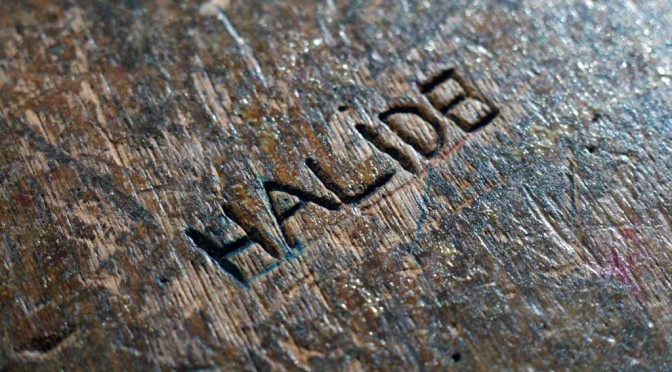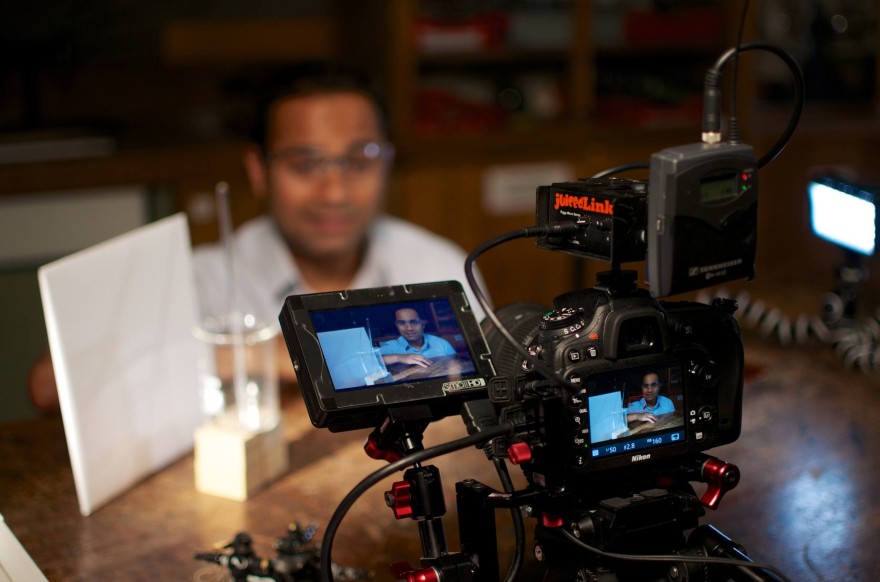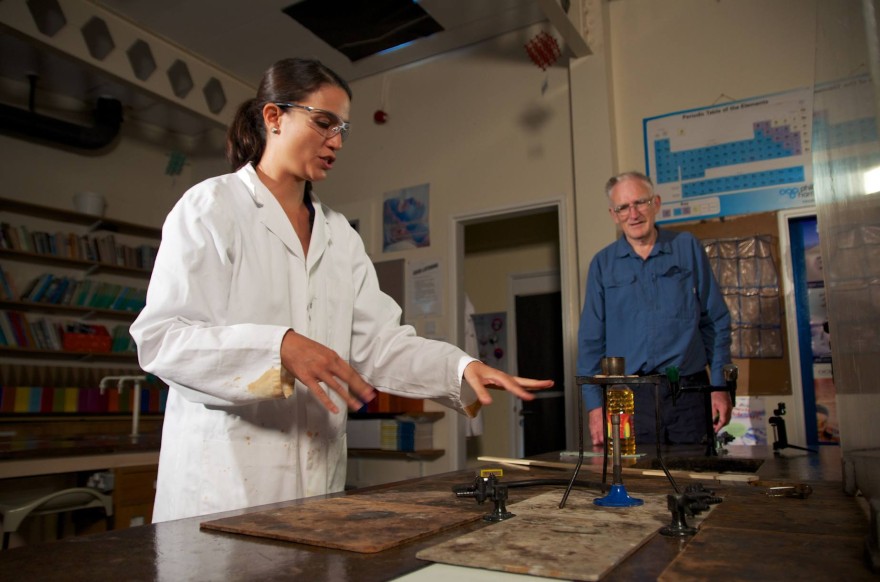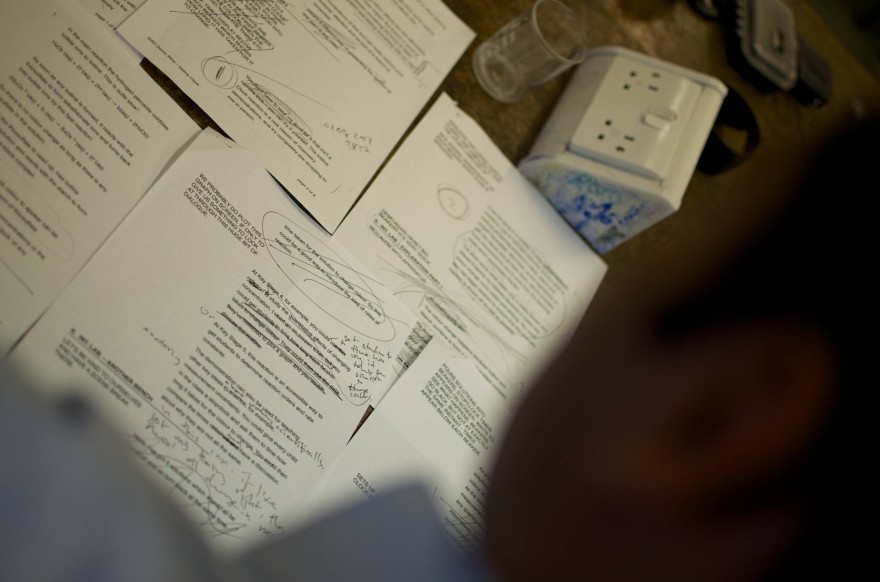The Council for Science and Technology (CST) says that without practical lessons, science in schools is “like studying literature without reading books”. I’m not sure that’s true. I suspect, if I had to, I could teach my students “science” without ever giving them a single practical lesson, provided I was allowed to use demonstrations and videos. As long as I was allowed to show my student the phenomena I’m trying to get them to understand, I think I could teach a meaningful science course and that they could go on to become scientists if that’s what they wanted to do. Sure, it wouldn’t be the most complete or satisfying way of teaching science, but it would be better than no science education at all and, dare I say it, it might even be better than some approaches to science teaching which include lots of practical work. The CST’s analogy is inaccurate – practical work is not as central to the teaching of science as reading books is to the teaching of literature, just ask any GCSE student who has managed to pass their science exams by simply reading the textbook.
I’ve written about practical work before and even made a short film about it, so I won’t re-hash those arguments here except to say that it’s not unreasonable to assume that “doing” science (it’s debatable that this is what really happens in practical science lessons) might be a pretty good way of learning science. However, we should be aware that this is, as leading education researcher Jonathan Osborne puts it, a “dangerous assumption”. According to Osborne, the role of science education is:
To construct in the young student a deep understanding of a body of existing knowledge. In doing so, it needs to show why this knowledge is valued; that it was hard won; and that science is a creative process – that it offers you the opportunity to free yourself from the shackles of received wisdom by creating your own knowledge. However, that is not the same as the doing of science and there is a clear line in the sand that needs to be drawn between the two activities.
(E-NARST News, July 2007, from conference speech)
As good science teachers we should be wary of people who over-emphasise the importance or benefits of practical work in science teaching and we should look to the research and evidence on how to improve our practice to get the most effective learning for our students. Science is about ideas. We should make sure our ideas about science education are as sound as the ones we attempt to teach.




